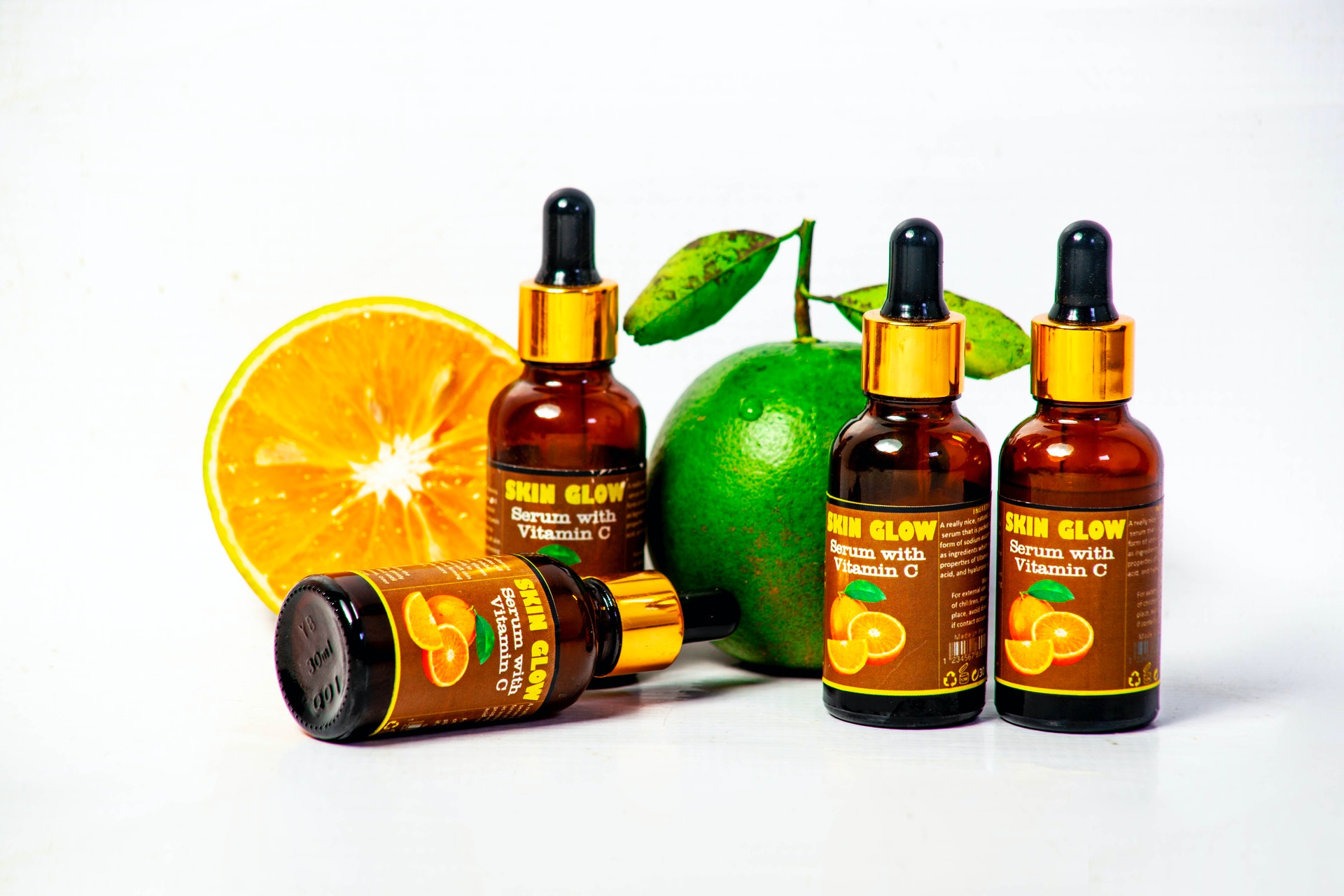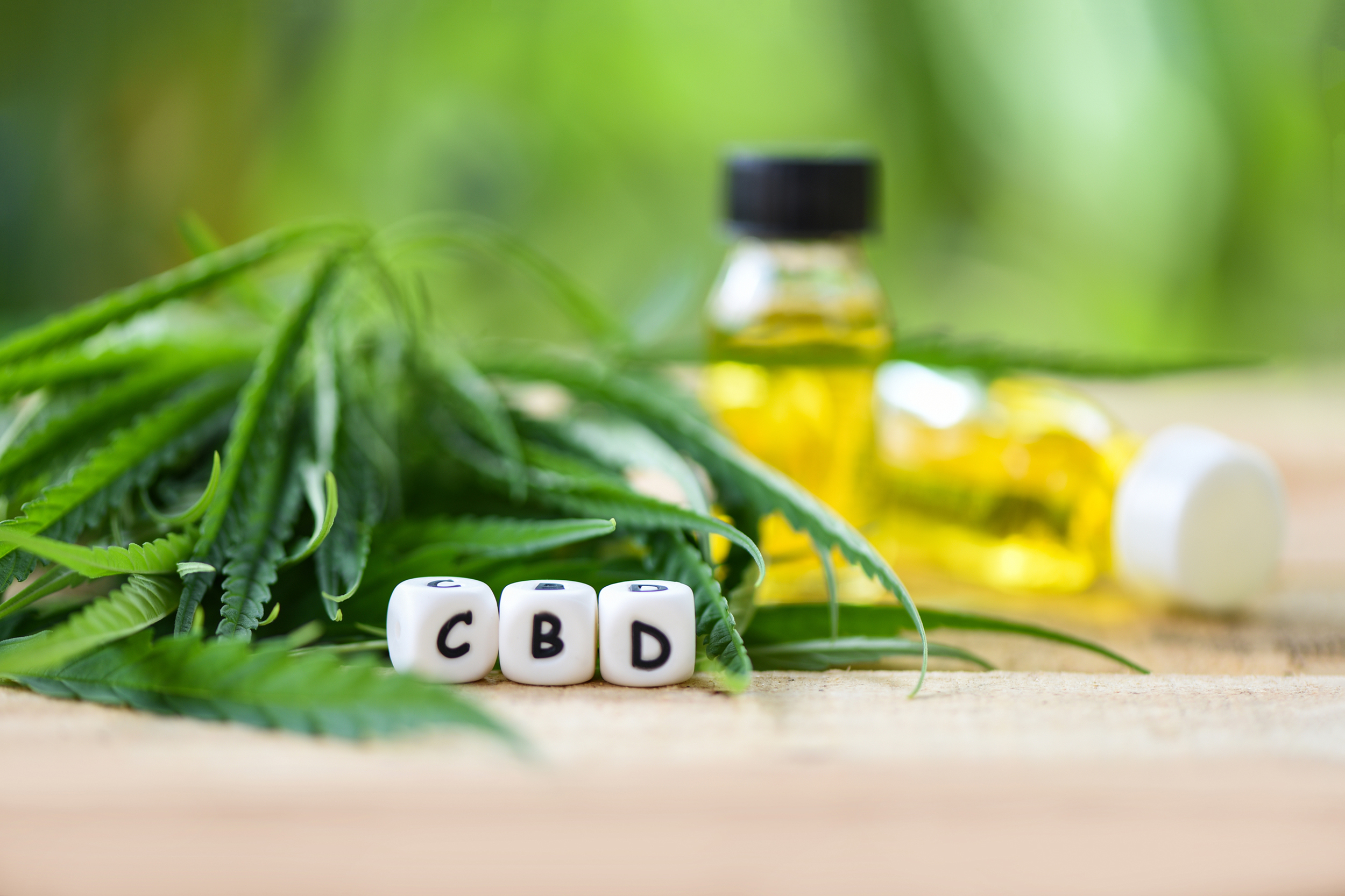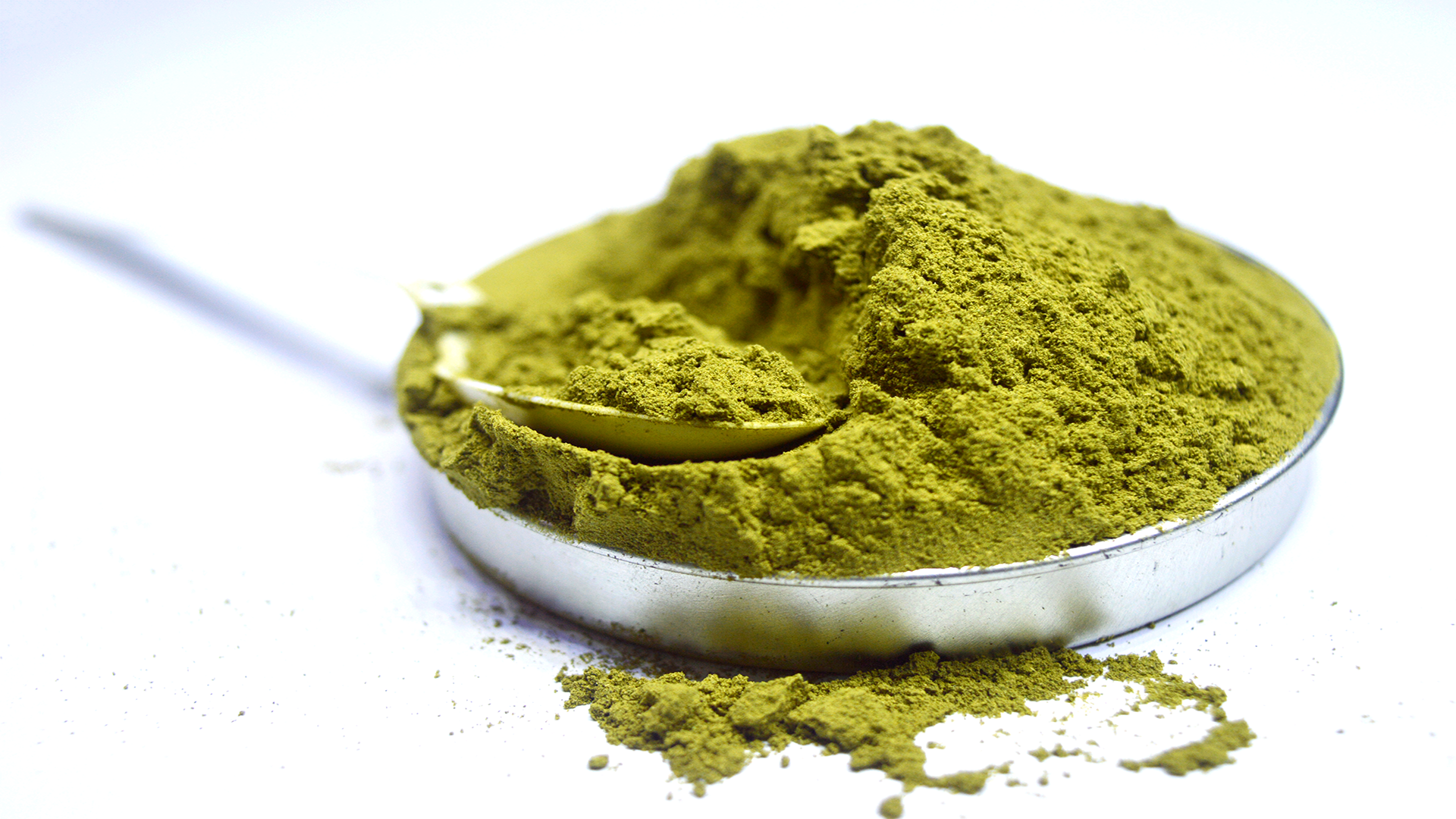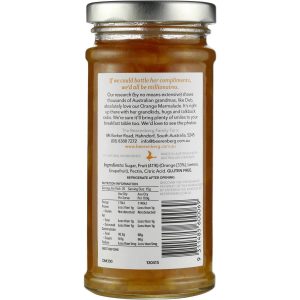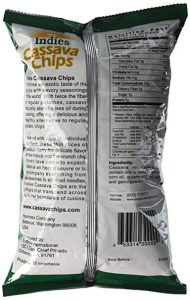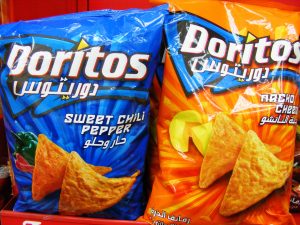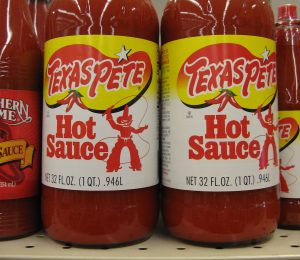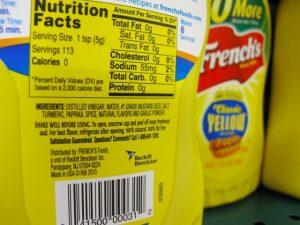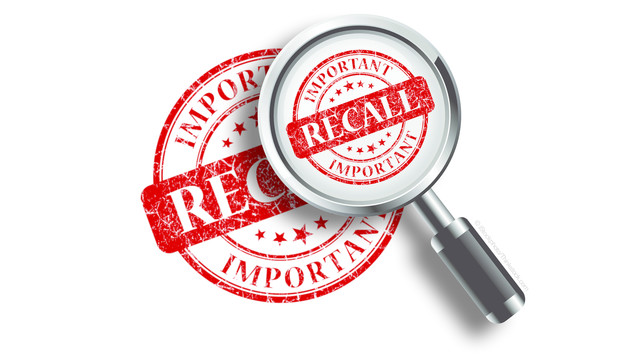Dietary supplement sales have surged the past few years as Americans have become more health conscious. Not surprising is that Amazon is the most popular platform where people look to purchase dietary supplements because of the convenience for both the seller and consumer. Businesses who desire to sell dietary supplements on Amazon should be familiar with the U.S. Food and Drug Administration (FDA) laws and regulations. Failure to comply with the FDA regulations will result in the removal of the dietary supplements from Amazon’s storefront.
FDA does not preapprove products for compliance, it is the business’ responsibility to ensure that the FDA requirements are met. Dietary supplements exported to the United States face extra requirements importers must follow. Below is a list of some of the FDA requirements for dietary supplement imports.
Facility Registration with FDA
All dietary supplement manufacturer’s facilities must be registered with the FDA if the product or ingredients are being exported to the United States. These foreign food facilities are required to identify a U.S. Agent for communications with the FDA at the time of registration. The FDA also requires that all food facilities renew their registration between October 1st and December 31st of each even-numbered year.
FDA Prior Notice
The FDA requires that a notification is filed for each shipment destined for a U.S. port prior to arrival. Failure to file a Prior Notice with the FDA will result in the shipment being denied entry into the United States.
FDA Labeling Requirements
Dietary supplement labels must list several items such as net weight, statement of identity, directions for use, warnings, company contact information, supplement facts and ingredients, among other things. Failure to comply with FDA labeling rules will result in the product being refused entry into the United States and possible detention, plus fines and penalties.
FDA Claims
Making claims not in compliance with FDA regulations is one of the most common violations cited by the FDA for dietary supplement imports. Products cannot make any claims that the dietary supplement will cure, treat or prevent any diseases. Claims that do not comply with FDA regulations can result in both civil and criminal penalties, so it is important to be aware of the rules before making any product claims.
Foreign Supplier Verification Program
Dietary supplement importers must engage an agent physically located in the United States to verify their foreign suppliers compliance with U.S food safety laws. Importers must also develop a Foreign Supplier Verification Program (FSVP) plan to evaluate and perform “risk-based activities” on all suppliers. Compliance with FSVP is mandatory and businesses found in violation of the FSVP rule can face a variety of penalties, from seizure of the imported products to criminal prosecution. For more information on the FSVP rule, check out this article.
If you are selling dietary supplements on Amazon, or plan to start in the near future, don’t let all of this overwhelm you. At Morsel Law we can help keep you in compliance with U.S. FDA rules. From registering your facility with the FDA to filing an FDA Prior Notice to reviewing labels and claims to developing your FSVP Plan or serving as your U.S. based FSVP Agent. Contact us to set up a consultation.

